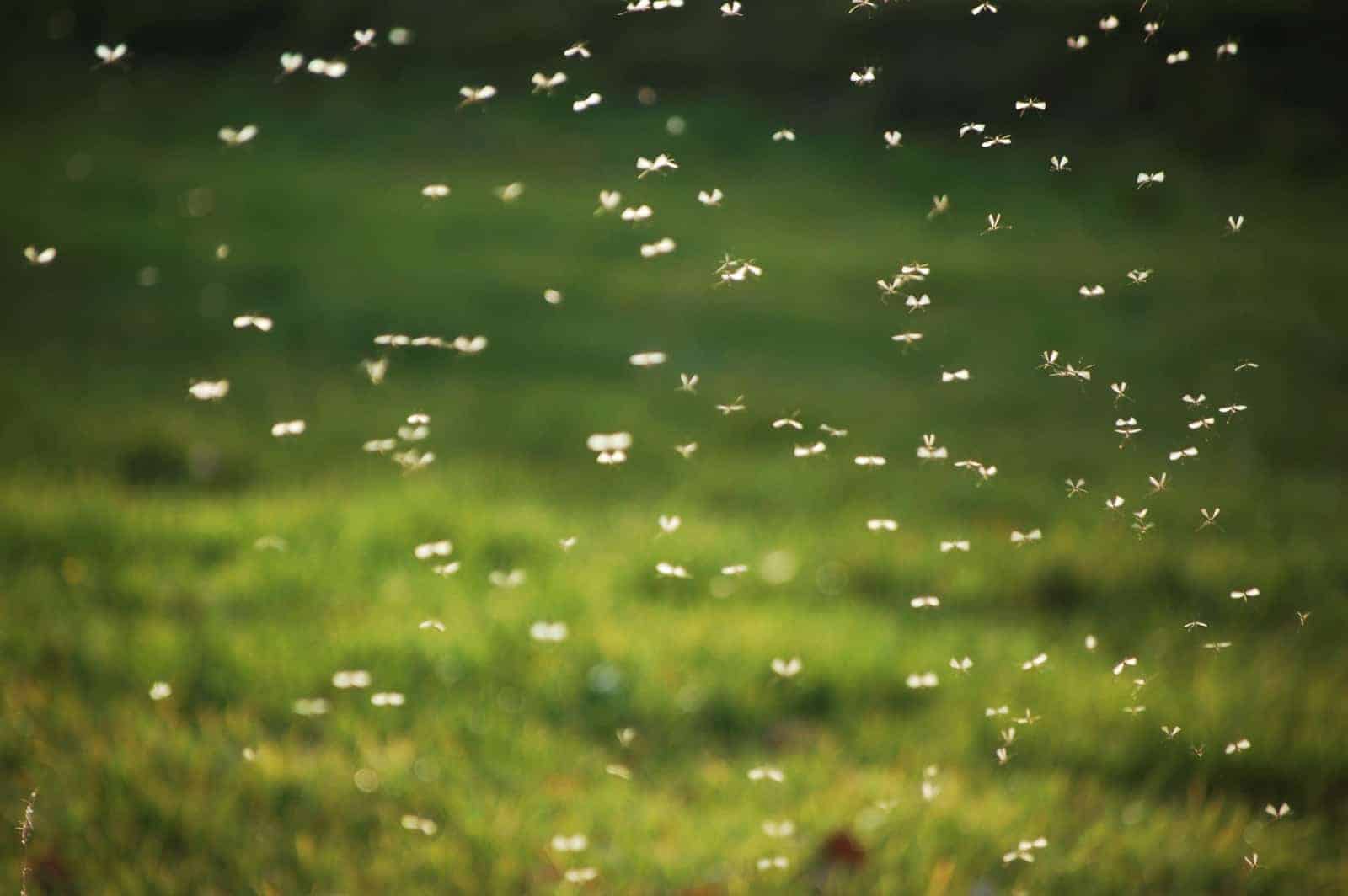Two New York Horses Test Positive for WNV

The affected horses include a 21-year-old gelding and a 21-year-old mare. The gelding exhibited clinical signs that included lowered head, muscle fasciculations (twitching), tachycardia (abnormally rapid heart rate), trembling, violent rolling, not responding to loud noises, and poor tongue tone. He was vaccinated for WNV but died.
The mare’s signs consisted of almost falling over when her tail was pulled to the right side, ataxia (incoordination), crossing her front legs, resistance to bending her neck to the right, and weakness. She was undervaccinated for WNV but is recovering.
About West Nile Virus
WNV transmission occurs when infected mosquitoes feed on animals, as well as humans, after having fed on infected birds.
Clinical signs of WNV in horses include:
- Mild anorexia and depression
- Fine and coarse muscle and skin fasciculation;
- Hyperesthesia (hypersensitivity to touch and sound);
- Changes in mentation (mentality), when horses look like they’re daydreaming or “just not with it”;
- Occasional drowsiness;
- Propulsive walking (driving or pushing forward, often without control);
- Spinal signs, including asymmetrical weakness; and
- Asymmetrical or symmetrical ataxia.
West Nile virus has no cure; however, some horses can recover with supportive care. Equine mortality rates can reach 30-40%. The American Association of Equine Practitioners includes WNV as one of the core diseases all horses should be vaccinated against at least annually.
Related Articles
Stay on top of the most recent Horse Health news with

















